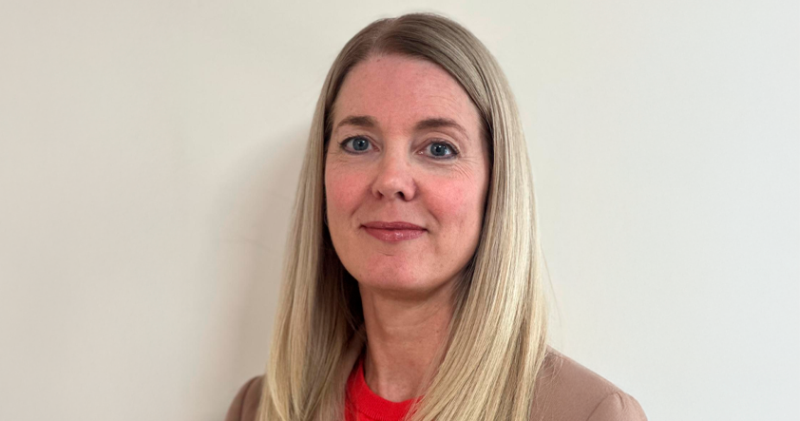The new Terrorism (Protection of Premises) Act which received Royal Assent in April is widely known as Martyn’s Law in memory of Martyn Hett, a victim of the 2017 Manchester Arena attack. The legislation aims to embed proportionate and practical security measures into everyday operations – protecting people without overwhelming existing systems.
For post-16 education providers, it brings new statutory responsibilities. Many host large public-facing spaces such as theatres, sports halls, performance venues and communal learning areas that accommodate more than 800 people, placing them within the enhanced tier of the legislation.
Heightened preparedness
This elevated tier requires comprehensive security planning, appointing senior leads for terrorism protection and ongoing coordination with emergency services and councils.
Martyn’s Law builds on the robust safeguarding, health and safety, and emergency procedures that FE colleges and providers already have in place. By introducing a focused lens on deliberate acts of violence and terrorism, it ensures that institutions specifically address this critical risk.
At the heart lies three core duties: conducting detailed threat and vulnerability assessments related to terrorism risks specific to the site and its activities, implementing proportionate security measures informed by these assessments, and ensuring all staff, particularly those managing public events and premises, receive targeted terrorism awareness training.
Taking immediate action
Before final statutory guidance is published, FE institutions can begin proactive work.
By mapping public access, they can identify when and how their premises are open to the public. This includes graduation ceremonies, off-site events for apprentices and any public performances.
A designated senior staff member, often a campus manager, facilities director or safeguarding lead, can be chosen to oversee compliance. They will coordinate with safeguarding teams and health and safety officers to integrate requirements with existing safety strategies.
For risk assessments, resources such as the ACT Awareness e-learning from Counter Terrorism Policing can help staff identify vulnerabilities, including multiple campus entry points or uncontrolled visitor access. Develop sensible mitigation plans, for example, CCTV, enhanced supervision and temporary bag checks during high-profile events.
Regularly review emergency plans and keep updated lockdown and evacuation procedures so they remain suitable in the event of a hostile attack. Staff and learners should be familiar with these protocols, including communication and safe zones. Terrorism awareness should be prepared to be incorporated into staff training and development, focusing on recognising suspicious behaviour and responding appropriately.
Regulator alignment
Terrorism risk assessments should be aligned with safeguarding and inspection frameworks, with Ofsted inspecting how well institutions safeguard learners and manage site risks. Ensure terrorism preparedness is embedded into your safeguarding policy and self-assessment reports to demonstrate a culture of safety and leadership accountability.
The Health and Safety Executive expects institutions to assess foreseeable risks and update health and safety risk registers accordingly. Terrorism-related scenarios should be included in an overall risk register, particularly where large gatherings, tool-based workshops or visitor access may be factors.
Martyn’s Law mandates engagement with emergency services, but councils and resilience forums should be engaged too. Providers should liaise with regional Prevent coordinators and participate in joint planning exercises where possible, ensuring plans align with local emergency frameworks. And a clear record of staff completion of terrorism awareness training, such as ACT Awareness, should be retained.
It is key to communicate proportionately with learners and parents, to build resilience without causing fear. Proportionate messaging should be prepared to explain that these measures are preventative and similar to fire safety planning.
Statutory guidance and sector updates should also be closely monitored, particularly as Martyn’s Law is in its implementation phase. Assign a senior staff member to monitor updates from DfE, ProtectUK and the Association of Colleges.
Balancing security with an open learning environment
Leaders within FE and vocational settings may worry about introducing anxiety or making campuses feel less welcoming. However, Martyn’s Law is designed to be proportionate and unobtrusive, enhancing preparedness without creating barriers or a fortress-like atmosphere.
Engaging governors, learners, parents and community stakeholders early ensures transparency and builds trust. Clear communication about the law’s purpose reassures everyone that these measures are about safety and resilience, not fear or restriction.
The two-year implementation period offers FE and vocational providers time to embed Martyn’s Law thoughtfully, aligning security with their unique culture and operational needs.
By integrating these measures now, institutions demonstrate leadership in safeguarding their communities, creating safer environments where learners can focus on their training with confidence.



